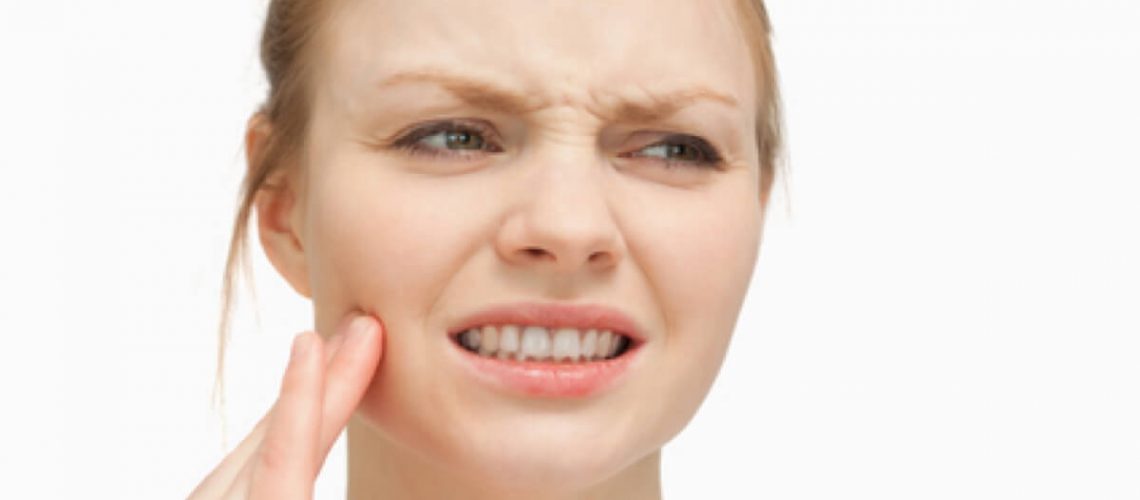Teeth grinding (also known as bruxism) can be defined as the damage you do to your teeth when they are intentionally rubbed together either during the day or when you are asleep at night. We will focus on the three underlying reasons you may be grinding your teeth at night. We will explore what may be triggering your grinding, and where you can seek help.
Open wide – We have a problem
For the majority of sufferers, they are completely unaware that they have the condition unless others have noticed or heard you grind your teeth, . Typically, the problem is first picked up in the dental office when your dentist checks your teeth and notices one or several of the following:
- Several teeth, or fillings, are chipping
- Vertical crack lines are present in your teeth
- The tops of your teeth are worn down flat
The pattern of teeth wear
The appearance of your teeth wear also explains how you grind your teeth and what likely damage will be done will occur in the future. The three main ways that you grind your teeth are:
- Wear of their front teeth – You mainly grind in a forwards and backwards direction. The front teeth will appear shorter while the rest of the teeth will have little damage.
- Wear of the back teeth – You grind mainly side to side and may also have jaw joint tenderness. The tops of the back the back teeth will be missing.
- Vertical cracks or sensitive teeth – Your teeth may “appear fine” but tiny cracks are visible or they may be very tender when you bite down. You bite down very heavily on your teeth rather than move your jaw when grinding.
The three causes of teeth grinding:
Now that you have discovered the type of teeth wear you have on your teeth, you need to direct your attention as to the three main causes, which are:
- Hight stress or anxiety
- Poor breathing at night
- Chronic pain
1. High stress or anxiety
When your body is under significant psychological stress or anxiety this often triggers a grinding habit. People may be fine for many years until a major life event or work stress triggers a grinding habit, and your teeth may become tender or sore for the first time.
If high stress or anxiety is the main cause of your teeth grinding then the main ways to manage it are:
1) Cognitive therapy – Is there a way to relieve your stress by talking to the person responsible or dealing with the circumstances causing you the problem?
2) Natural therapies – Consider the use of natural supplements in the short-term to help you deal with the stress. High quality magnesium has long been known to reduce muscle tension and increase melatonin levels in the brain. Herbal teas such as valerian or chamomile may also be also be trialled.
3) Dental night splint – If you continue to grind and damage or your teeth then a night guard or “splint” may be recommended. Typically these are clear flat appliances that sit on your top teeth relieve muscle tension and stop further damage.
2. Poor breathing at night
If you are unable to breathe through your nose properly or have a breathing disorder such as asthma this often triggers a stress response in the brain. The brain may “panic” when your oxygenation levels drop at night and you start snoring or your tongue blocks off your airway. Yellow, eroded teeth, may be a sign of reflux disease which often accompanies poor night time breathing.
Often your doctor or dentist may suspect you have a breathing problem if you struggle to breathe well during the day or you have a narrow jaw or large tongue blocking off your airway. If this is the case, the best ways to manage this are:
1) Improve your breathing – Are allergies or sinusitis affecting your breathing? It may be worthwhile to get this checked out with your doctor.
2) Have a sleep study – To find out if your oxygen levels drop at night (called sleep apnea) and whether teeth grinding is occurring.
The management of poor breathing is directed at the underlying cause, which may involve avoiding certain foods that trigger hay fever-type symptoms, getting a consultation with an ENT specialist or improving the poor breathing with a dental appliance.
3. Chronic pain
If you suffer with chronic muscle pain (such as neck, back or shoulder pain) or your body senses internal pain (e.g. kidney stones), then just like high stress, your nervous system becomes alarmed which can trigger a clenching habit. Naturally, the treatment needs to be directed at managing or relieving the cause of the pain. In the short term, a night splint may also be required to prevent further damage.
Stop teeth grinding forever
Often when I have spoken to patients in the past they have mentioned they wore a “splint once” or took some anti-depressants in the past. The underlying problem may never have been diagnosed or properly treated. This blog has outlined several reasons for teeth grinding and where to go for help.

